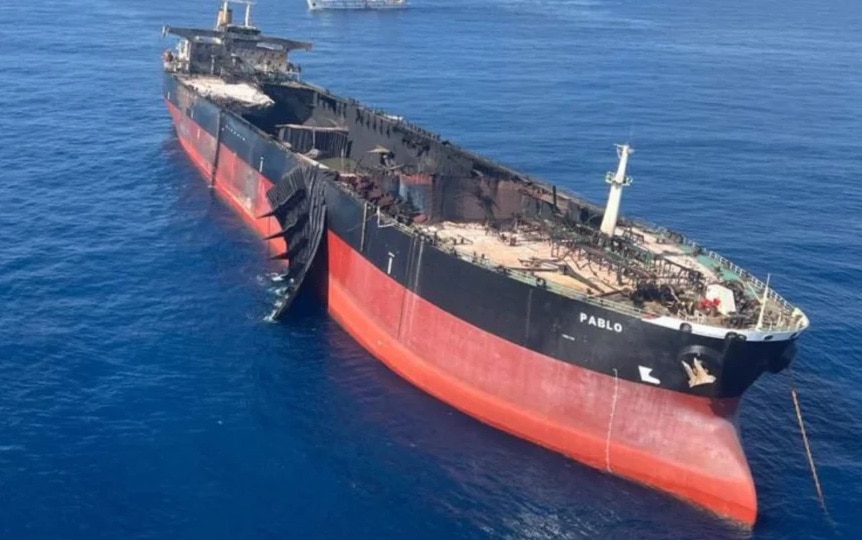EU and UK Sanction UAE Firm for Supporting Russian Oil Trade

The European Union and the United Kingdom have imposed sanctions on Intershipping Services, a company based in the UAE that manages the flag registries for Gabon and Comoros. These nations have been pivotal in facilitating a covert network that transports sanctioned Russian crude oil. This action is part of a broader strategy by Western governments to disrupt the infrastructure that supports Russia’s shadow fleet amid ongoing tensions stemming from the invasion of Ukraine.
Targeting Russia’s Maritime Network
Intershipping Services, which operates out of a Dubai suburb and has a family-connected office in Mumbai, has been identified as a significant player in the maritime operations that enable Russian oil shipments. Following the onset of Russia’s invasion in 2022, Gabon’s flag became increasingly popular among tanker operators, absorbing numerous vessels that were shed by more cautious registries. Notably, a substantial portion of the fleet from Sovcomflot, a Russian state-controlled tanker company under sanctions, has been registered under Gabon. By 2024, Gabon emerged as the fastest-growing shipping registry globally, primarily due to the influx of Russian tankers.
Both Gabon and Comoros have faced scrutiny from port state control authorities for their maritime practices. Comoros, in particular, is associated with high-risk behavior in shipping. It has been listed on the Paris MOU blacklist, flagged by the U.S. Coast Guard, and ranks highly in crew abandonment incidents, according to the International Transport Workers’ Federation. The country is also recognized for its involvement in oil shipments linked to Iran, while both Gabon and Comoros are frequently cited in alerts concerning sanctions evasion related to illicit trade with nations like Venezuela and Iran.
The sanctions were announced simultaneously with the UK’s decision to align with the EU in reducing the oil price cap on Russian crude from $60 to $47.60 per barrel, aimed at further constraining Moscow’s revenue streams. However, the overall impact of this price cap reduction may be limited in the absence of U.S. enforcement, as most oil transactions are conducted in U.S. dollars. The U.S. has yet to support the EU’s floating cap mechanism, leading to concerns about the effectiveness of these sanctions without American backing. Analysts express skepticism regarding the ability to diminish profits from the shadow fleet under these circumstances.
